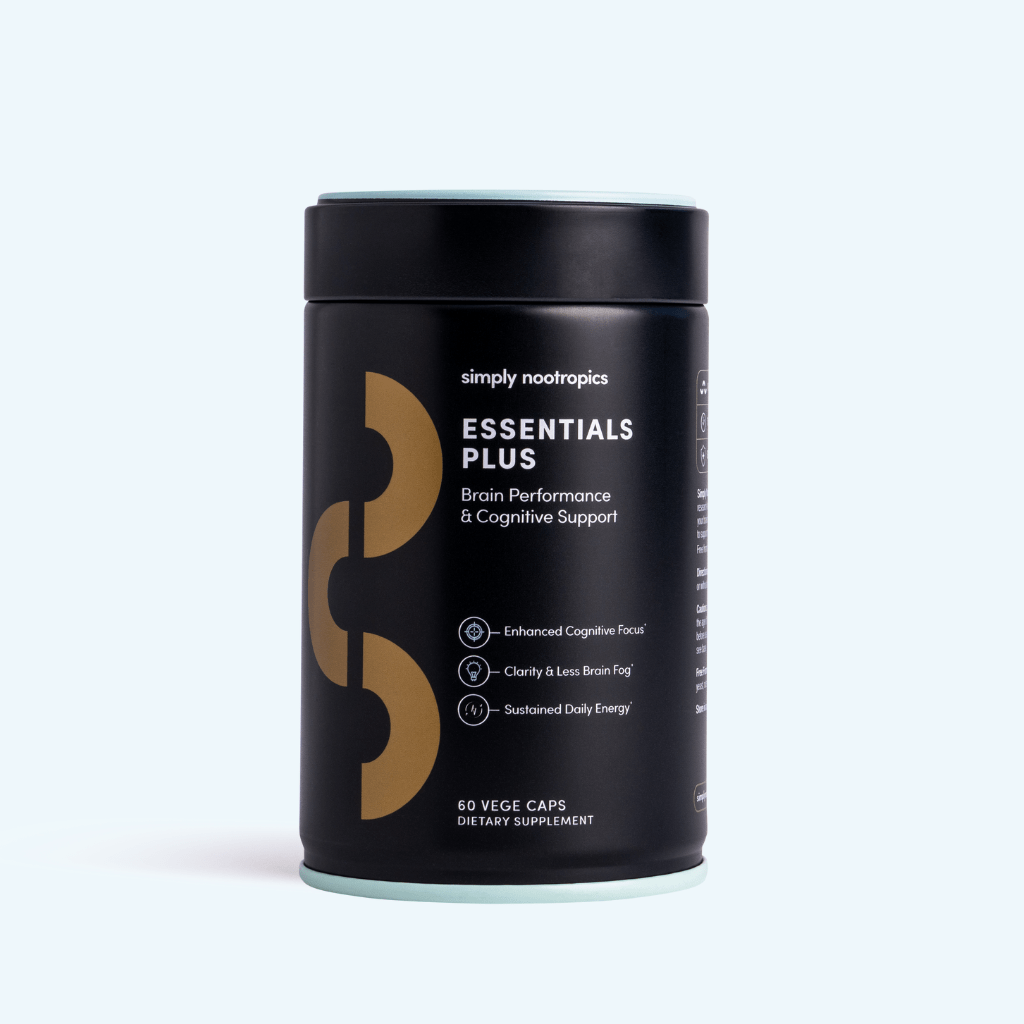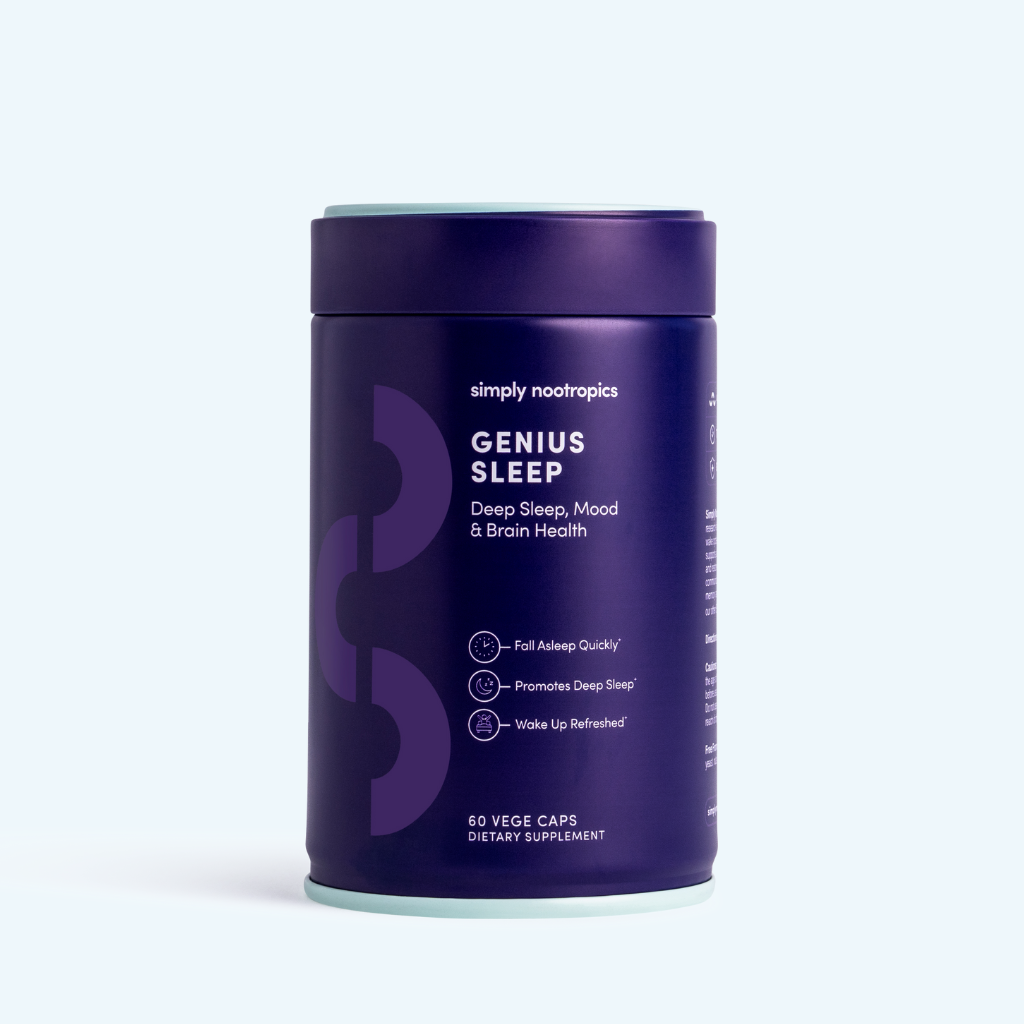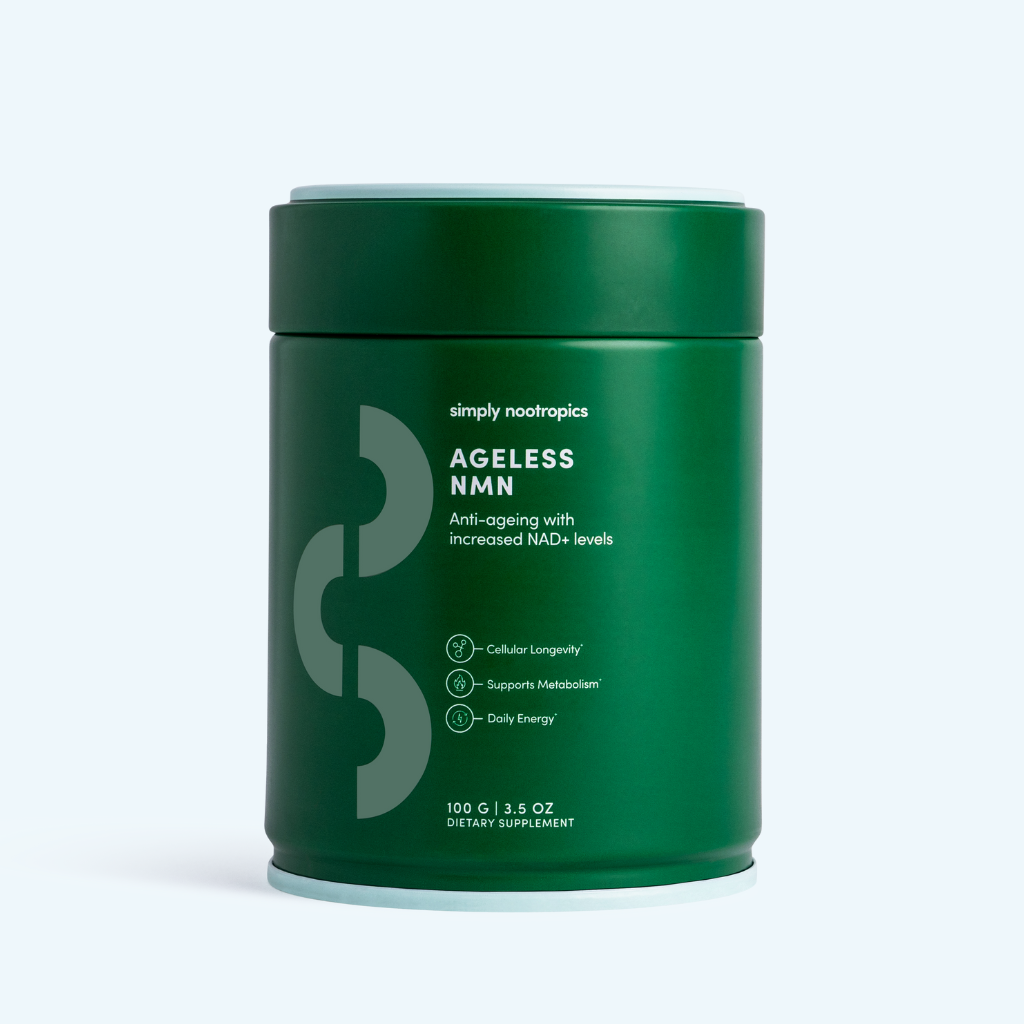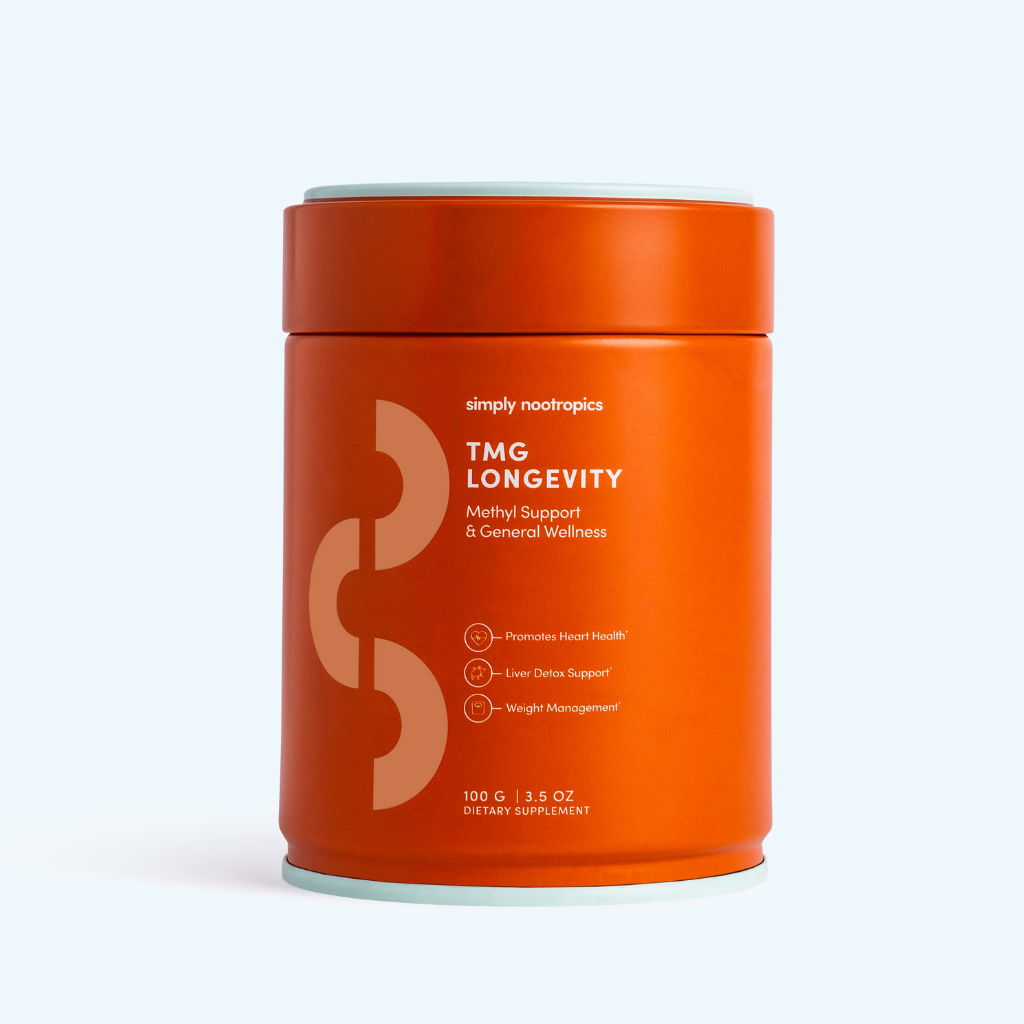In recent years, scientists have been digging deep into the intriguing world of the brain-gut connection. You might have heard about it—it's the idea that what's going on in your gut can have a huge impact on how you feel mentally. It's pretty wild to think about, but the more researchers uncover, the more it makes sense: prioritising gut care might be one of the ways to improve well-being. Just trust your gut feelings (and us!).
The Brain-Gut Axis in Short
You see, our gut isn't just a simple tube for digesting food—it's a bustling ecosystem teeming with trillions of bacteria, fungi, and other microorganisms collectively known as the gut microbiota. However disturbing it may sound, these tiny inhabitants are not just hanging out there for no reason; they're actually doing some pretty important work. When there’s gut harmony, we're talking digestion, absorbing nutrients, and even keeping your immune system in check.
But here's where things get really interesting: the microbiota aren’t just passive bystanders in our gut—they're active participants in a complex dialogue with our brains. Research has revealed that the communication between our gut and brain is bidirectional, meaning that brain-gut connection goes both ways. While we used to think of the brain as the command centre, dictating orders to the rest of the body, we now understand that the gut can also send signals to the brain, influencing our mood, behaviour, and even cognitive function.
The brain-gut axis is facilitated by various pathways, including the vagus nerve, hormonal signalling, and the immune system. For example, certain gut bacteria can produce neurotransmitters like serotonin - the one you might associate with that post-chocolate bliss—, which play a key role in regulating mood. Other microbes can produce metabolites that affect brain function, while some can even modulate the immune system, which in turn can impact brain health.
Difficult Words Explained: What is Dysbiosis?
When we talk about dysbiosis—a fancy term for lack of gut harmony in the microbiota—it's like opening Pandora's box of potential health issues. Researchers have uncovered a growing body of evidence linking dysbiosis to a range of mental health disorders, from mood disorders like depression and anxiety to more serious neurological conditions like Alzheimer's and Parkinson's disease.
But how exactly does dysbiosis - or lack of gut harmony - lead to these mental health issues? Well, it all comes down to the incredible work these little gut bugs are doing behind the scenes. Not only are they responsible for breaking down food and absorbing nutrients, but they're also busy producing neurotransmitters and other chemical messengers that play a central role in regulating our mood and behaviour.
For example, serotonin, often referred to as the "feel-good" neurotransmitter, is primarily produced in the gut. When our gut microbiota is out of balance, it can disrupt our gut harmony, impacting serotonin production, which contributes to mood disturbances and even clinical depression. Similarly, imbalances in other neurotransmitters like dopamine and GABA have been linked to anxiety and other mood disorders.
But it's not just neurotransmitters that these bugs are churning out when our gut harmony is disrupted. They're also producing a variety of other bioactive compounds that can influence our brain function and mental well-being. These include short-chain fatty acids (SCFAs), which have been shown to have anti-inflammatory and neuroprotective effects, as well as various metabolites that can impact neurotransmitter levels and brain signalling.
So, when the balance of these gut bugs is disturbed—whether due to factors like diet, stress, medications, or illness—it can throw off the delicate equilibrium of the brain-gut axis, leading to a cascade of effects on our mental health. That's why nurturing gut care through diet, lifestyle changes, and targeted interventions like probiotics and prebiotics is crucial for supporting optimal mental well-being.
NMN, a NAD+ Precursor Supplement
Now, let's talk about NMN (Nicotinamide Mononucleotide), the latest addition to the longevity and cellular health scene. NMN is a NAD+ precursor supplement that has been garnering attention for its potential to support various bodily functions, including metabolism, energy production, and cognitive performance. Recent research suggests that NMN may also play a role in promoting gut health by modulating the gut microbiota and reducing inflammation.
In a groundbreaking study, researchers uncovered some promising findings about NMN. It turns out, NMN can help reduce inflammation in the gut, slow down the progression of diseases like inflammatory bowel disease (IBD), and ease associated pain. While it's not a complete cure for IBD, NMN significantly improves the function of the gut's protective barrier and makes it easier for substances to pass through. So, while it's not a silver bullet, NMN definitely has some impressive benefits for gut health.
When researchers treated subjects with NMN, they noticed some significant shifts in the types of bacteria living in the gut. Specifically, they observed an increase in the levels of good bacteria, such as Firmicutes and Verrucomicrobia. These are the helpful microbes that contribute to a healthy gut environment. On the flip side, the levels of harmful bacteria, like Bacteroidetes, decreased. This balance between good and bad bacteria is crucial for gut health.
Now, here's where it gets interesting. Along with these changes in gut bacteria, NMN treatment also led to an increase in the production of short-chain fatty acids (SCFAs). These are special compounds known for their anti-inflammatory properties. So, by promoting the growth of beneficial bacteria and boosting SCFA production, this NAD+ precursor supplement creates a more gut-friendly environment, which can help reduce inflammation and support overall well-being.
So, the takeaway from all this is that if you take care of your gut, your brain will thank you. Load up on probiotics, and consider probiotic-rich foods that improve gut health like yoghurt, and kefir, and fermented foods like sauerkraut, kimchi, and kombucha. These tasty treats not only add a delicious tang to your meals but also provide your gut with a boost of beneficial bacteria.
Finally, if you're looking to take your gut health to the next level, consider incorporating NMN supplementation into your routine. And why not start with the very best? Simply Nootropics' NMN Powder offers top-notch quality for your gut health needs. While it may not be as tasty as yoghurt or kimchi, NMN has been shown to support gut health by modulating the microbiota and reducing inflammation. Plus, it offers a host of other health benefits, including improved metabolism, energy production, and cognitive function. So, it's as simple as this: a happier gut equals a happier brain equals a happier you!















